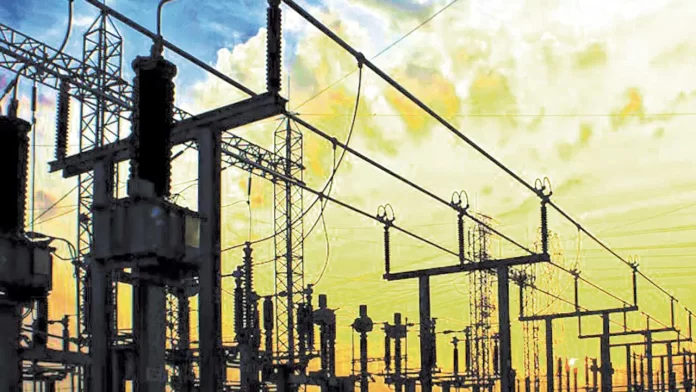Nigeria will refinance ₦4 trillion in electricity sector debt under a new phased plan approved by the Federal Executive Council.
The debt is owed mainly to 27 power generation companies for unpaid invoices since 2015. It has slowed investments and worsened Nigeria’s chronic electricity shortages.
President Bola Tinubu approved the strategy after verifying the claims. The Finance Ministry will coordinate the repayment within three to four weeks.
Finance Minister Olawale Edun said, “It is now fully approved, and we move to implementation.” He said that the debt would be refinanced through bonds and other financial tools to ease pressure on the budget.
Debt Plan Targets Stability
Officials say the plan is part of broader reforms to stabilise the electricity market. These include a 35% cut in subsidies and tariff changes for urban users, expected to save ₦1.1 trillion annually.
The government hopes the reforms will encourage private investment and expand power generation capacity. Nigeria’s national grid currently serves about half of its population, according to the World Bank.
Analysts believe prompt repayment could boost the confidence of both local and foreign investors in the sector.
The refinancing plan is expected to improve electricity supply over time. This could reduce the heavy reliance on generators, which cost Nigerian households and businesses billions yearly.
Some experts, however, warn that the benefits may take time to reach end-users if operational challenges in transmission and distribution persist.
What do you think — will debt repayment and subsidy cuts bring real power improvements soon?Rate, Like 👍, Comment💬, share this article, Follow us on our social media handles, and Submit your own story to get featured and earn rewards!








